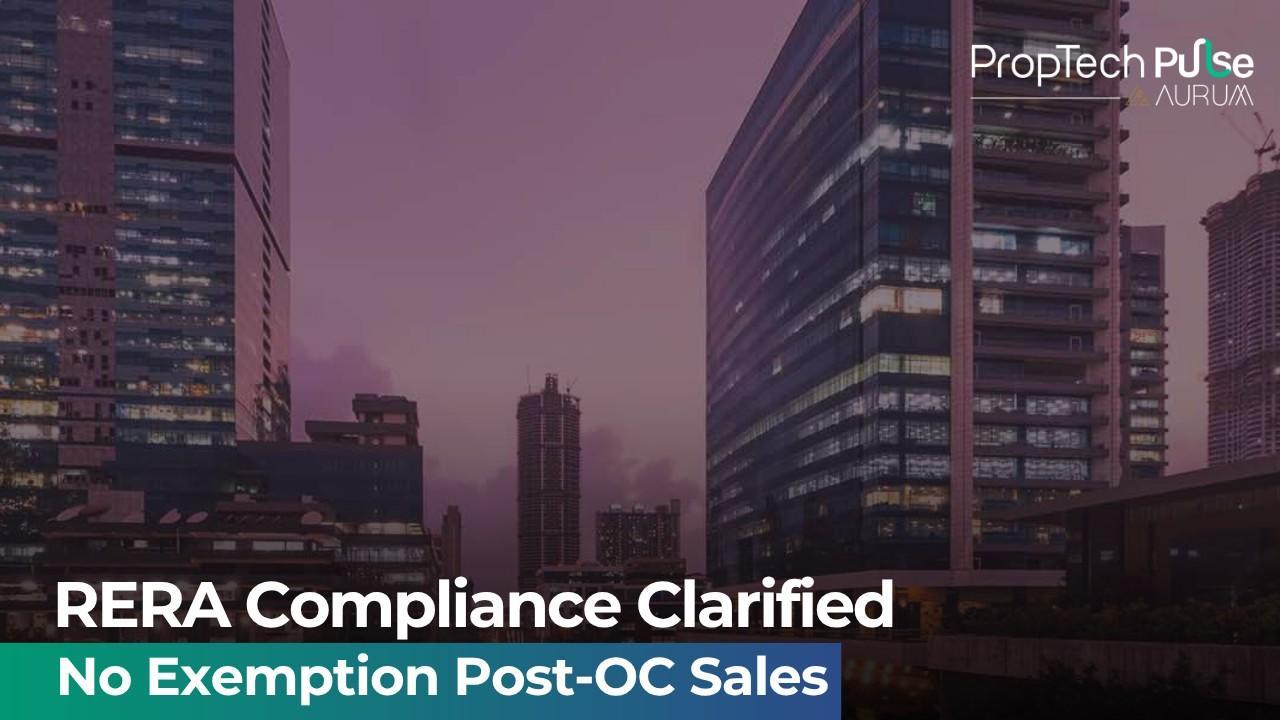
Understanding RERA Registration in Real Estate
The Real Estate (Regulation and Development) Act, commonly known as RERA, serves as a cornerstone for ensuring accountability and transparency within India’s real estate sector. Developers often question whether projects commencing sales and marketing only after obtaining an Occupancy Certificate (OC) are exempt from registration. The answer is crucial for compliance and credibility.
What is RERA?
Established to bring structure and fairness to real estate dealings, RERA mandates that all residential projects must be registered with the respective state authority. This process ensures that developers follow legal and ethical guidelines, while also safeguarding the interests of homebuyers against delays and misinformation.
Do Projects Need RERA Registration After OC?
Legal experts clarify that projects launching sales and marketing post-OC are not exempt from RERA registration. The law stipulates that any new project involving the sale of units must register under RERA, irrespective of the OC status. This reinforces the Act’s objective of transparency and buyer protection.
The Importance of Compliance
For developers, RERA compliance is more than a legal formality — it is a trust-building mechanism. Registration boosts credibility, attracts informed buyers, and helps prevent regulatory penalties or operational delays. Adhering to RERA not only ensures legal security but also strengthens brand reputation in an increasingly competitive market.
Conclusion
Engaging in sales or marketing activities without RERA registration can invite serious consequences, including penalties and restrictions on transactions. Developers should prioritize RERA registration and compliance to maintain transparency, ensure smooth operations, and build long-term relationships with buyers.
Enjoyed this update? Visit PropTech Pulse for more real estate news and market insights.Unlock the Latest in Real Estate
News, Infographics, Blogs & More! Delivered to your inbox.
“Data that drives action. Insight that inspires action. Technology that empowers action.“
“Data that drives action.
Insight that inspires action.
Technology that empowers action.“









